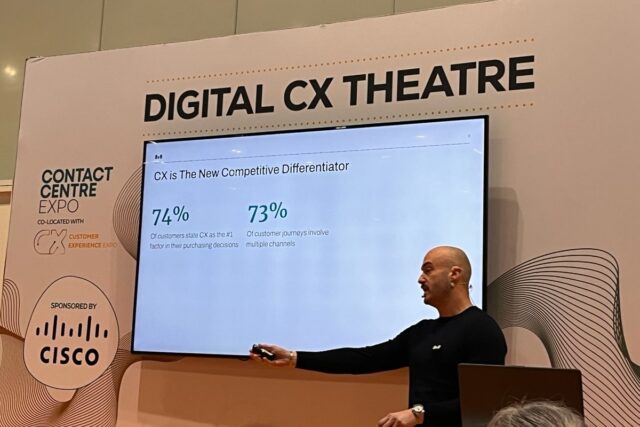August 21, 2025
Americans Are Finally Fighting Back Against Creepy Cookies

Americans are becoming far more intentional about their online privacy. According to Usercentrics’ State of Digital Trust 2025 report, 38% of U.S. consumers now click “accept all” cookies less often than they did three years ago, a sign that passive consent is on the decline. Nearly half (46%) even say they regularly read cookie banners before making a choice, reflecting a cultural shift where data privacy is no longer ignored, but actively managed.
“We’re witnessing a growing digital democracy where American consumers cast their votes with every click,” said Adelina Peltea, CMO at Usercentrics. “Respect for privacy has never been more critical, and brands that treat it as dialogue earn deeply-rooted trust and loyalty. As AI systems take on greater responsibility, safeguarding sensitive interactions through encryption and consent will only grow more vital.”
This shift has tangible consequences for brands. Research from the IAB/Talk Shoppe Consumer Privacy Report shows that nearly 3 in 4 shoppers say a company’s privacy practices directly influence their buying decisions. Moreover, transparency is now a key factor in building loyalty, making digital trust a competitive edge in today’s marketplace.
Consumers Take Action
Privacy awareness isn’t just theoretical; it’s showing up in behaviour. About 37% of U.S. consumers have changed their privacy settings, and 35% are using ad blockers or privacy-first browsers like Brave and Firefox. Even within the U.S.’s opt-out system, 35% of people are rejecting all but essential cookies, and 16% are customising cookie settings to minimise data sharing.
Attitudes toward data privacy diverge sharply across generations. Four out of five Baby Boomers (80%) are uneasy with their personal information being used to train AI systems, while only 58% of Gen Z shares that concern. In addition, younger users also tend to extend more trust to platforms: 39% of Gen Z say they trust social media companies, compared to just 11% of Boomers. Despite the differences, most Americans, 65% versus 62% globally, say they feel like they’ve “become the product” online.
Who Consumers Trust Most (and Least)
Additionally, when it comes to industry trust, banks and financial services hold the strongest position, with 57% of U.S. consumers ranking them as most trustworthy. Technology, retail, and healthcare companies sit in the middle, each facing unique challenges in managing consumer confidence. At the bottom of the trust ladder: automotive brands, with only 14% of Americans saying they trust them.
As privacy laws in the U.S. remain fragmented, with frameworks like CCPA and CPRA varying by state, consumers are filling the gaps themselves. Their choices are reshaping marketing strategies, forcing businesses to adapt or risk losing customers. With AI increasingly handling sensitive interactions, the demand for clarity, encryption, and meaningful consent will only grow.



